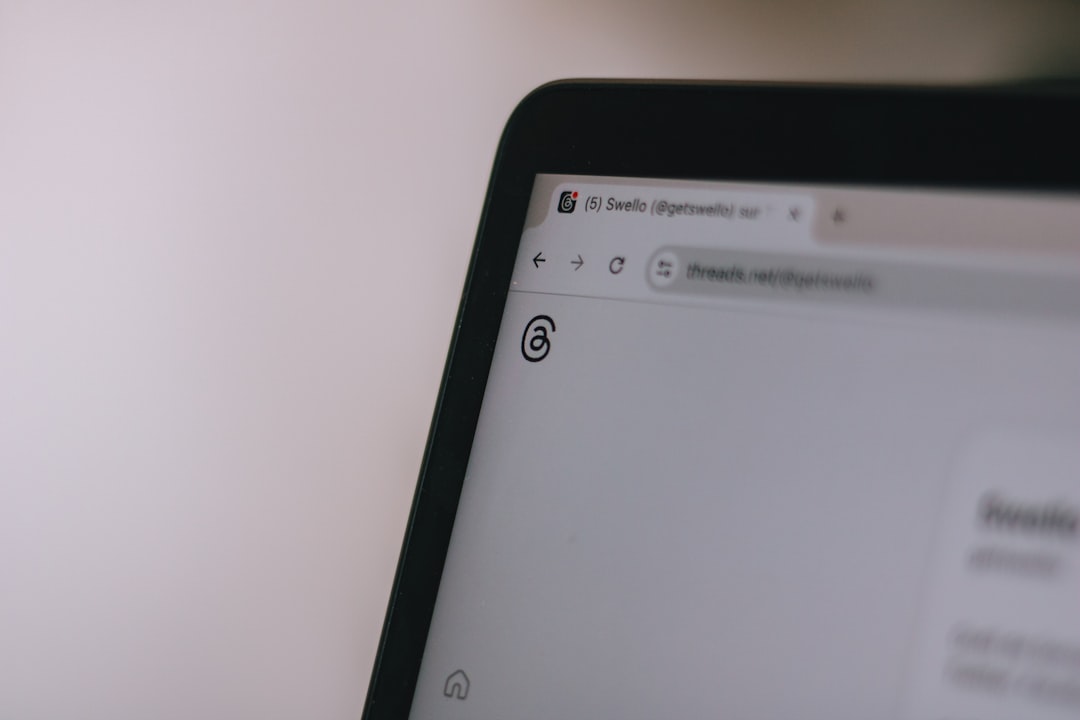In a world where digital freedom is often compromised by region-specific restrictions, more and more internet users are seeking creative ways to access the content they want. One such tool that has sparked much discussion is the residential VPN extension, especially the free variants. But can a free residential VPN extension actually help you access blocked websites? Let’s dive into how they work, their advantages, and their potential drawbacks.
What is a Residential VPN Extension?
A residential VPN extension is a browser plugin that routes your internet traffic through residential IP addresses, essentially making it appear as though you are accessing the internet from a real location, such as someone’s home network. Unlike traditional VPNs that use commercial servers, residential VPNs use IP locations typically assigned to legitimate users by ISPs. This makes them harder to detect and block by websites.
These extensions are often used within Chrome or Firefox browsers and can be toggled on and off with ease.

How Do They Help Access Blocked Websites?
Many websites and streaming platforms restrict access based on geographical location due to licensing agreements or legal requirements. A residential VPN extension can help bypass these restrictions in the following ways:
- Geo-Spoofing: It allows you to connect via a server in another country, tricking websites into thinking you’re accessing from that region.
- Hiding Your IP Address: It masks your real IP with a residential one, preventing websites from tracking your actual location.
- Bypassing Firewalls: Useful in schools, workplaces, or countries with strict internet censorship.
Because residential IP addresses look more legitimate to web service providers, they are harder to blacklists or flag. This significantly increases your chances of successfully accessing a blocked website compared to a basic VPN that uses commercial IPs.
Are Free Residential VPN Extensions Effective?
The effectiveness of a free residential VPN extension depends on several factors:
- Server availability: Free options usually offer fewer server locations, which can limit your access to certain content.
- Speed and bandwidth: Free plans may throttle speeds or impose data limits.
- Security: The encryption protocols used may not match those of paid VPN services, potentially leaving your data vulnerable.
- User Trust: Some free providers have been found to log user data or inject ads into pages, which raises privacy concerns.
Despite these limitations, many users still find value in free residential VPN extensions, particularly for casual browsing or temporarily unblocking a specific site.

Popular Use Cases
Here are some common scenarios where people use residential VPN extensions:
- Streaming geo-restricted content on platforms like Netflix, Hulu, or BBC iPlayer.
- Accessing censored websites or social media in countries with strict regulations.
- Price comparison for flights or products that vary by location.
Things to Keep in Mind
While a free residential VPN extension can be a convenient way to access blocked websites, here are a few tips:
- Verify the provider’s reputation: Read reviews and check privacy policies before installing any extension.
- Use HTTPS everywhere: Ensures your data remains encrypted if your VPN fails to secure it properly.
- Don’t expect miracles: Heavily regulated platforms or advanced blocking systems may still detect and restrict you.
Also, consider whether you’re just browsing or handling sensitive data. If it’s the latter, a full VPN client with military-grade encryption may be a safer choice.
Final Thoughts
Yes, a free residential VPN extension can help you access blocked websites — particularly those employing simpler methods of restriction. However, their effectiveness depends on the quality of the extension, how well the VPN hides your traffic, and whether the websites have mechanisms in place to detect and block VPN usage. For many casual users, it’s a handy tool that offers quick access and a user-friendly interface. But for more serious use, a paid solution might be the better route.
 vpn usage streaming unblock websites[/ai-img>
vpn usage streaming unblock websites[/ai-img>
In the end, understanding your needs and the strengths and weaknesses of your tools will help you make the most of your online experience — without borders.
